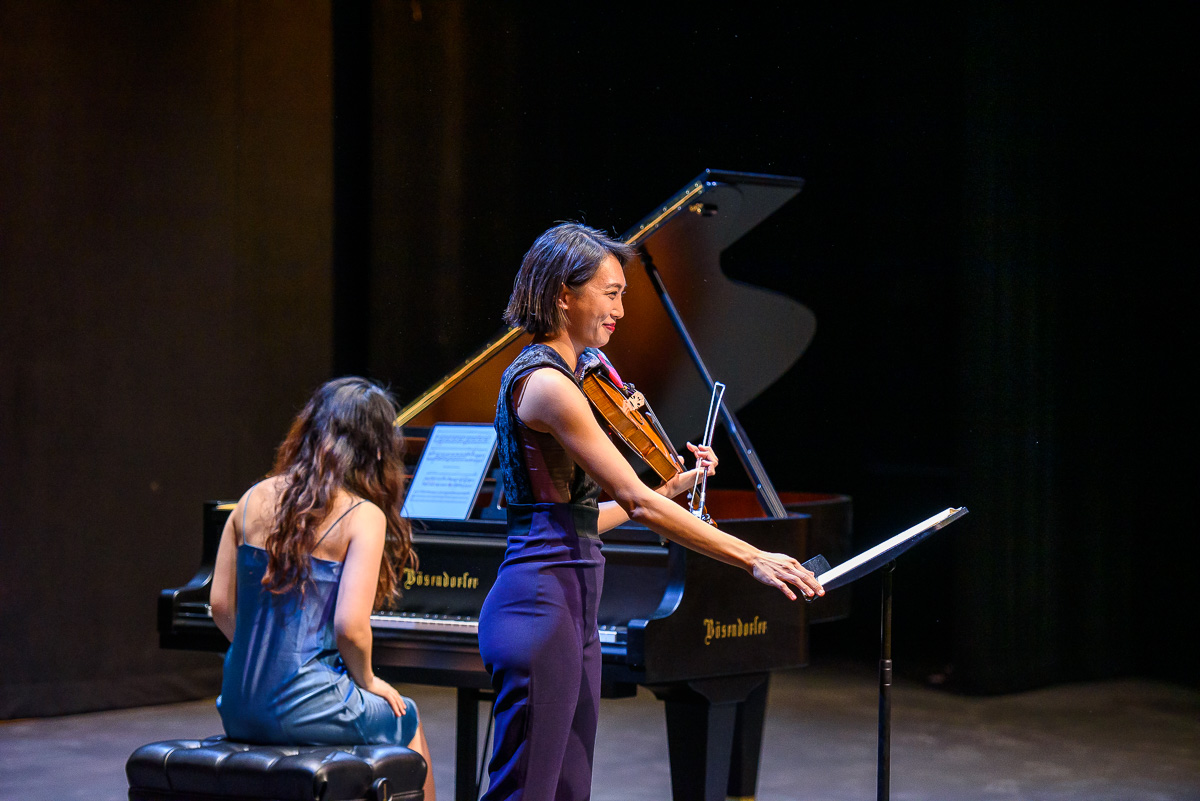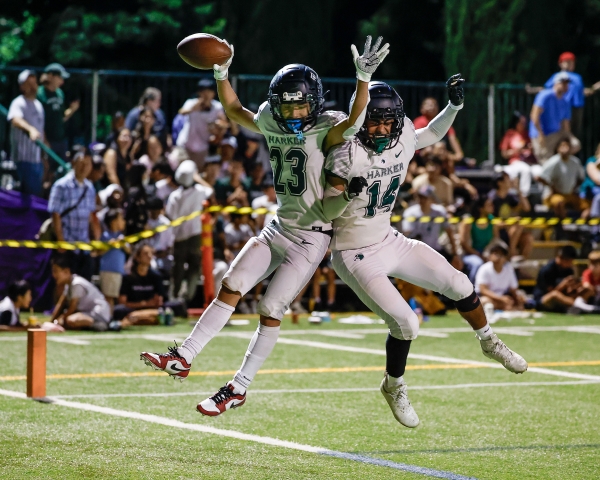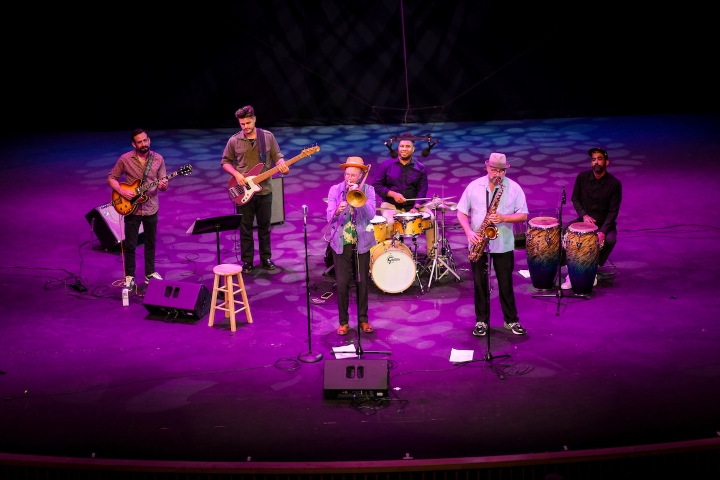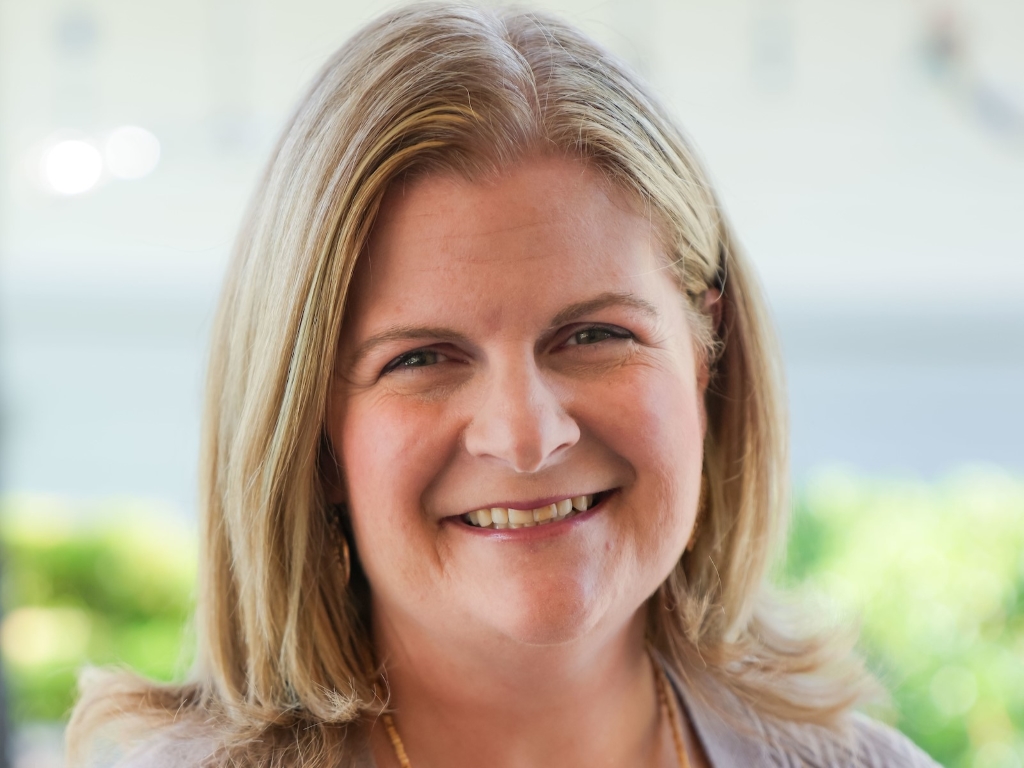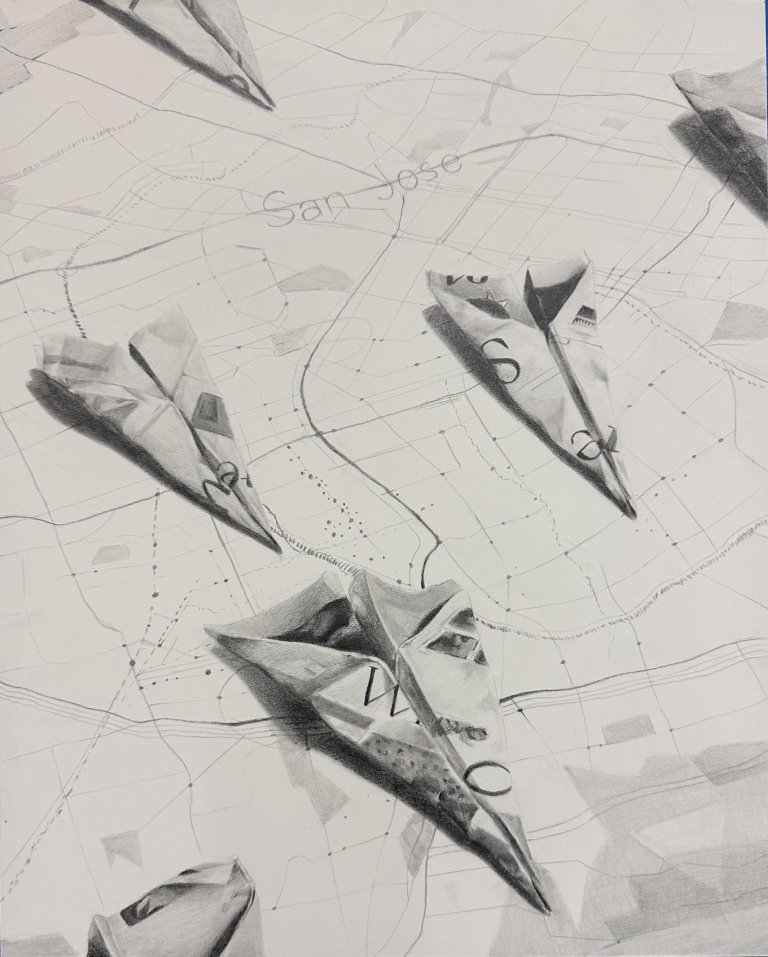Schoolwide
Gallery: Fall 2024 Athletics
Violinist Nancy Zhou packs Patil Theater for Harker Concert Series performance
Violinist Nancy Zhou played to a packed Patil Theater on Friday night, joined by San Francisco-born Serena Wang, a performer with major orchestras throughout China and the United States.
Harker Day draws thousands as Eagles soar to 35-0 victory
An estimated 4,000 people braved the high temperatures on Saturday to visit the upper school for this year’s Harker Day.
The Tropicales bring New Orleans flair to Caribbean sounds
New Orleans-based group The Tropicales opened the 2024-25 season of the Harker Concert Series on Friday with a sound inspired by the music of the Caribbean and forged in the Crescent City.
LID director selected for Google for Education AI+Edu Fellowship
Elizabeth Brumbaugh, Harker’s director of Learning, Innovation and Design, was selected last week to join the Google for Education+AI Fellowship.
Rising senior wins national medal in Scholastic Art & Writing Contest; student artists win more than 70 awards
Rising senior Sophia Liu received a national gold medal in the 2024 Scholastic Art & Writing Awards for her piece, titled “Paper Airplanes.”

